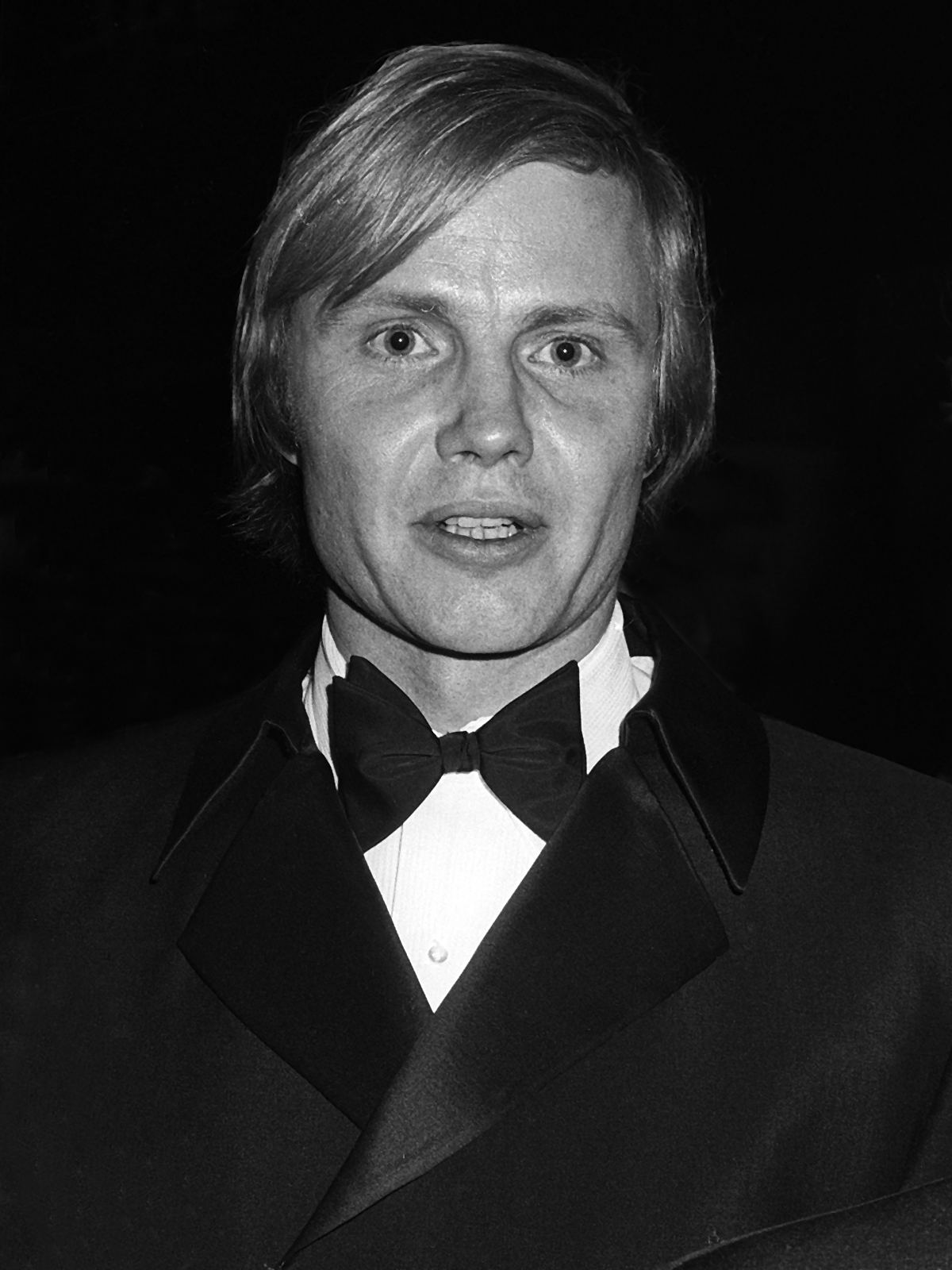
- Golden Globe Awards
Tomorrow’s Stars Yesterday: Jon Voight, 1970
Between 1948 and 1983 Golden Globes were awarded in a special category of “New Star of the Year” conceived to recognize young actors making a mark in their early roles. In this series, the HFPA’s Phil Berk highlights those that would follow their auspicious starts with distinguished careers.
Two years after Dustin Hoffman won his Golden Globe as New Star of the Year, his Midnight Cowboycostar Jon Voight was named 1970’s New Star of the Year.
That film shocked all of Hollywood when it won the Oscar as Best Film of the Year. No one could imagine that an X-rated film could be nominated, let alone win.
But it did, and it was a daring move on the part of the Academy and one that was roundly applauded. Sixty years later Midnight Cowboy holds up as an excellent choice. Much of its success stemmed from the brilliant acting of these two superb actors who went on to have illustrious careers. In Voight’s case, it launched the career of one of Hollywood’s biggest stars.
Prior to Midnight Cowboy, that career was rather uneventful. Voight graduated from Catholic University in Washington D.C., studied at the Neighborhood Playhouse with Sanford Meisner, understudied Rolf in The Sound of Music on Broadway, and made a number of guest appearances in TV series. It was his performance as Rodolpho in an off-Broadway production of Arthur Miller’s A View from the Bridge that brought him to the notice of auteur directors, Philip Kaufman and John Sturges, who recommended him for the role of Joe Buck in Midnight Cowboy.
Mike Nichols invited him to join the spectacular all-star cast of Catch 22, and from then on, he always got star billing. He played a radical student in The Revolutionary. He was nominated for a second Golden Globe as Best Actor for John Boorman’s Deliverance. The All-American Boy earned him his worst reviews, but he came back with a moving performance as an idealistic schoolteacher in Conrack. He was the lead in The Odessa File and did his costar, Maximilian Schell, a favor by starring in his directorial effort End of the Game, based on Friedrich Dürrenmatt’s novel.
His career might have gone south if it weren’t for Jack Nicholson turning down the role that would earn him both the Golden Globe and Academy Award as Best Actor and which sealed his career. Playing a Vietnam paraplegic opposite Jane Fonda in Hal Ashby’s Coming Homechanged the course of his life.
He was again nominated the following year for a Golden Globe as Best Actor for The Champ, a popular remake of the Wallace Beery classic. Ashby used him again for Looking to Get Out (directors seem to enjoy working with him.) He gave a moving performance in Table for Five but then had to wait two years for what is arguably his greatest performance, his ferocious turn in Andre Konchalovsky’s Runaway Train, for which he earned his second Golden Globe as Best Actor. Ironically it was not a box office performer, and in fact, it lost money, but it did earn him an Oscar nomination.
He was serviceable in Desert Bloom and Eternity, but then consigned to working in TV movies, he hit the jackpot with The Last of His Tribe, for which he earned a Golden Globe nomination as Best Actor in a Miniseries or Motion Picture Made for Television. But when those jobs dried up, he resigned himself to playing supporting roles in feature films.
He did well in Michael Mann’s Heat, in which he took a back seat to De Niro and Pacino. He co-starred in the original Mission: Impossible for Brian De Palma and Tom Cruise. John Singleton gave him a starring role in his powerful race drama, Rosewood. He was in a B movie, Anaconda, but the film itself was a box office performer.
After that there were supporting roles in Oliver Stone’s U-Turn, Francis Ford Coppola’s The Rainmaker, for which he earned his seventh Golden Globe nomination (as Best Supporting Actor.) He also had small roles in John Boorman’s The General, Tony Scott’s Enemy of the State, and Michael Bay’s Pearl Harbor, in which he played FDR.
Appearing with his now-famous daughter, Angelina Jolie, in the Lara Croft sequel Tomb Raider seemed to again jumpstart his career. Previously they had been estranged, but now they appeared reconciled. More supporting roles followed. He was amusing in Ben Stiller’s Zoolander and had a juicy role as Howard Cosell in Michael Mann’s Ali, for which he was nominated for both the Golden Globe and the Oscar as Best Supporting Actor. He bolstered Shia LeBeouf in his first film, Holes, and he was impressive in both Jonathan Demme’s remake of The Manchurian Candidateand in Nicholas Cage’s National Treasure.
He starred in a TV adaptation of Mitch Albom’s The Five People You Meet in Heaven and followed it with supporting roles in countless forgettable roles, finally finding his niche in a cable TV series, Ray DonavanJon Voight’s mantra: never give up. His classic performances, Coming Home, Runaway Train, and Midnight Cowboy.

